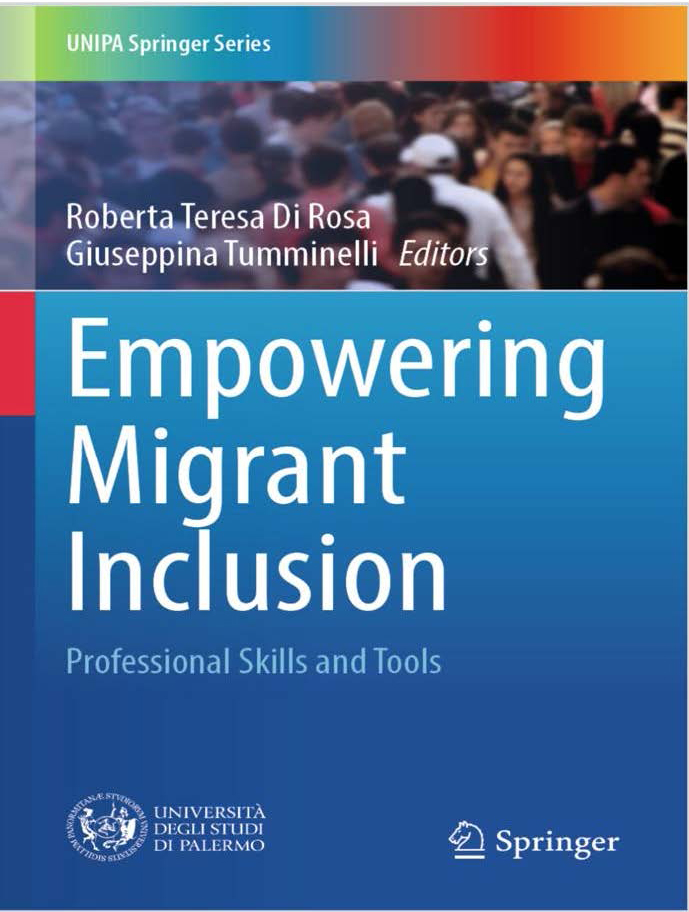Editors: Roberta Teresa Di Rosa, Giuseppina Tumminelli
Authors: Rita Bichi, Gabriella Argento, Roberta T. Di Rosa, Giuseppina Tumminelli, Nicoletta Paversi, Elena Allegri, Tiziana Tarsia
Forewords: Shulamit Ramon
This book explores key issues on the relational and operational dimension of the professional actions aimed at ensuring the well-being and inclusion of migrants in the reception system. Starting from the assumption that well-being is a multi-level phenomenon related to different and complex questions, the chapter authors articulated their reflections developing some thematic contents, complementary to one another, from the perspectives of different social actors involved in the inclusion process. A special attention is paid to the risk factors as potential obstacles to the inclusion, not only in the achievement of well-being but also in the relationship with the receiving society and with the reception system. Case studies will be presented to show how this complexity is explored integrating different theoretical perspectives with the participation of all social actors involved in inclusion pathways (unaccompanied migrant minors, immigrant families, refugees, social operators, voluntary guardians). The authors share the social responsibility in investing in human and professional resources in the reception system and in connecting it with the local community. Updating the social workers’ tools and methods become more and more relevant to enable the diffusion of new skills, functions, and roles in the management of reception of migrant minors and adults.

